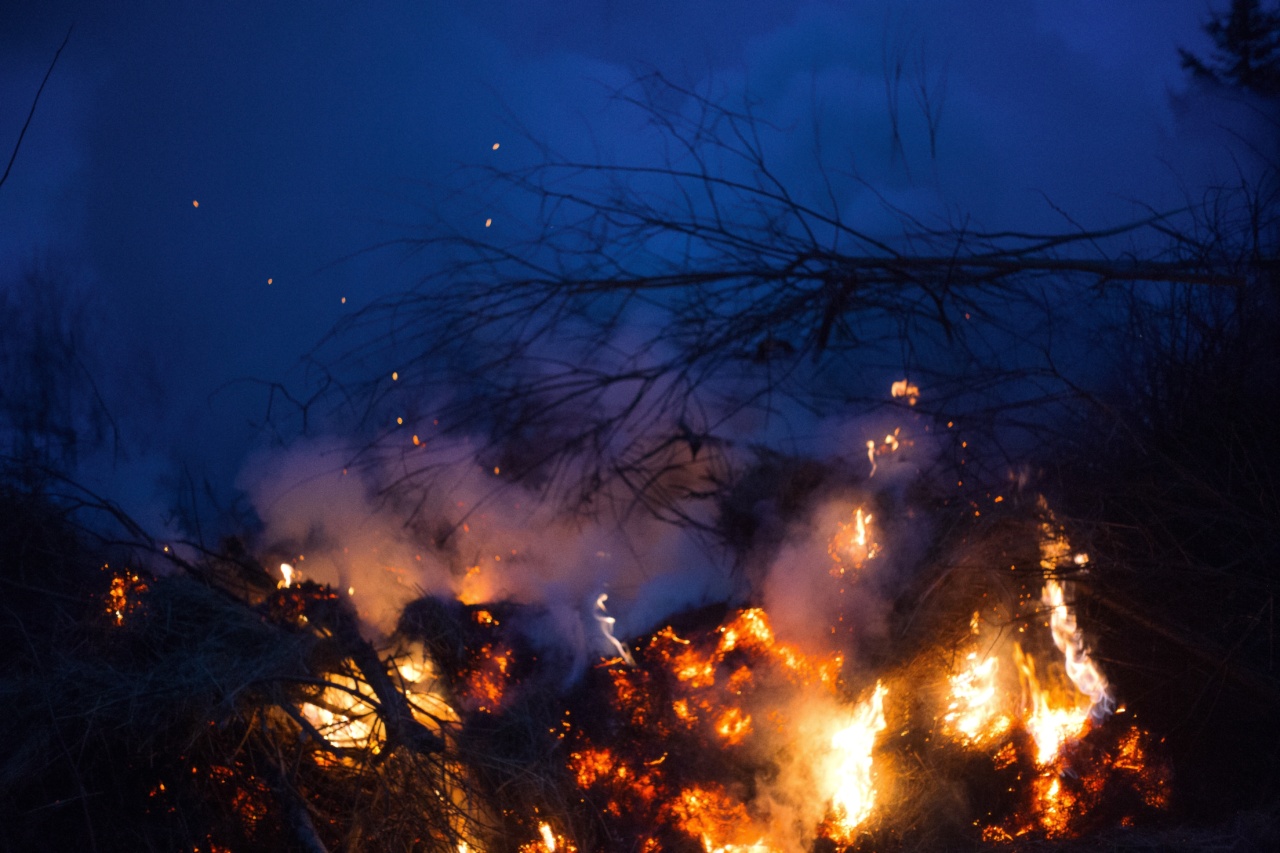Natural disasters such as earthquakes, hurricanes, and floods can have devastating effects on individuals and communities. Apart from the physical destruction, these natural forces can also inflict significant psychological damage.
The fear, uncertainty, and trauma caused by such events can lead to a range of mental health issues, including anxiety, depression, post-traumatic stress disorder (PTSD), and substance abuse. In this article, we will explore the psychological impact of natural disasters, the common mental health problems that arise from these events, and the strategies for coping with and recovering from them.
The Psychological Impact of Natural Disasters on Individuals
Natural disasters can disrupt the normal routines and structures of individuals; they can damage or destroy homes, displace families, and even cause injury or death. Such events can lead to feelings of uncertainty, hopelessness, and fear.
For some people, the impact of natural disasters can be short-lived, and they can recover quickly with support and coping mechanisms. However, for others, the impact can be long-lasting, leading to chronic mental health issues such as PTSD, depression, and anxiety.
Common Mental Health Problems after Natural Disasters
Here are some of the common mental health problems that can arise after natural disasters:.
Anxiety
Natural disasters can result in heightened anxiety in individuals. People may start worrying about their safety, their loved ones, their homes, and their future. Anxiety can lead to panic attacks, insomnia, and difficulty concentrating.
Depression
Natural disasters can lead to a sense of loss and hopelessness, which can trigger depression. People may experience a lack of motivation, a loss of interest in activities they previously enjoyed, and feelings of sadness and hopelessness.
Post-traumatic stress disorder (PTSD)
PTSD is a mental health condition that can develop after a person experiences or witnesses a traumatic event. Natural disasters can be traumatic, especially for those who lost loved ones, homes, or property.
People with PTSD may experience flashbacks, nightmares, and intense fear or anxiety in response to reminders of the event.
Substance abuse
After a natural disaster, some individuals may use drugs or alcohol to cope with their emotions. This can lead to substance abuse and addiction, which can further complicate their mental health problems.
Coping Strategies for Natural Disasters
Here are some strategies that can help individuals cope with the psychological impact of natural disasters:.
Seek social support
Talking to friends, family, or a therapist can help individuals work through their emotions and cope with the stress of the situation.
Practice self-care
Eating a balanced diet, getting enough sleep, and engaging in physical activity can help individuals feel more resilient and better able to cope with stress.
Take action
Taking steps to prepare for future events can provide a sense of control and reduce stress levels. This can include creating an emergency plan, stocking up on supplies, and participating in community disaster preparedness efforts.
Avoid unhealthy coping mechanisms
Using drugs or alcohol to cope with emotions can worsen mental health problems and lead to addiction. It is essential to find healthy ways to manage stress.
Seek professional help
If the psychological impact of the disaster is severe, it may be necessary to seek professional help. A therapist or mental health professional can provide support and guidance through the recovery process.
Conclusion
Natural disasters often leave a significant psychological impact on individuals and communities. The fear, uncertainty, and trauma caused by these events can lead to a range of mental health problems.
However, there are strategies that individuals can use to cope with the psychological consequences of natural disasters. Seeking social support, practicing self-care, taking action, avoiding unhealthy coping mechanisms, and seeking professional help can all help individuals work through their emotions and recover from the trauma of the disaster.






























